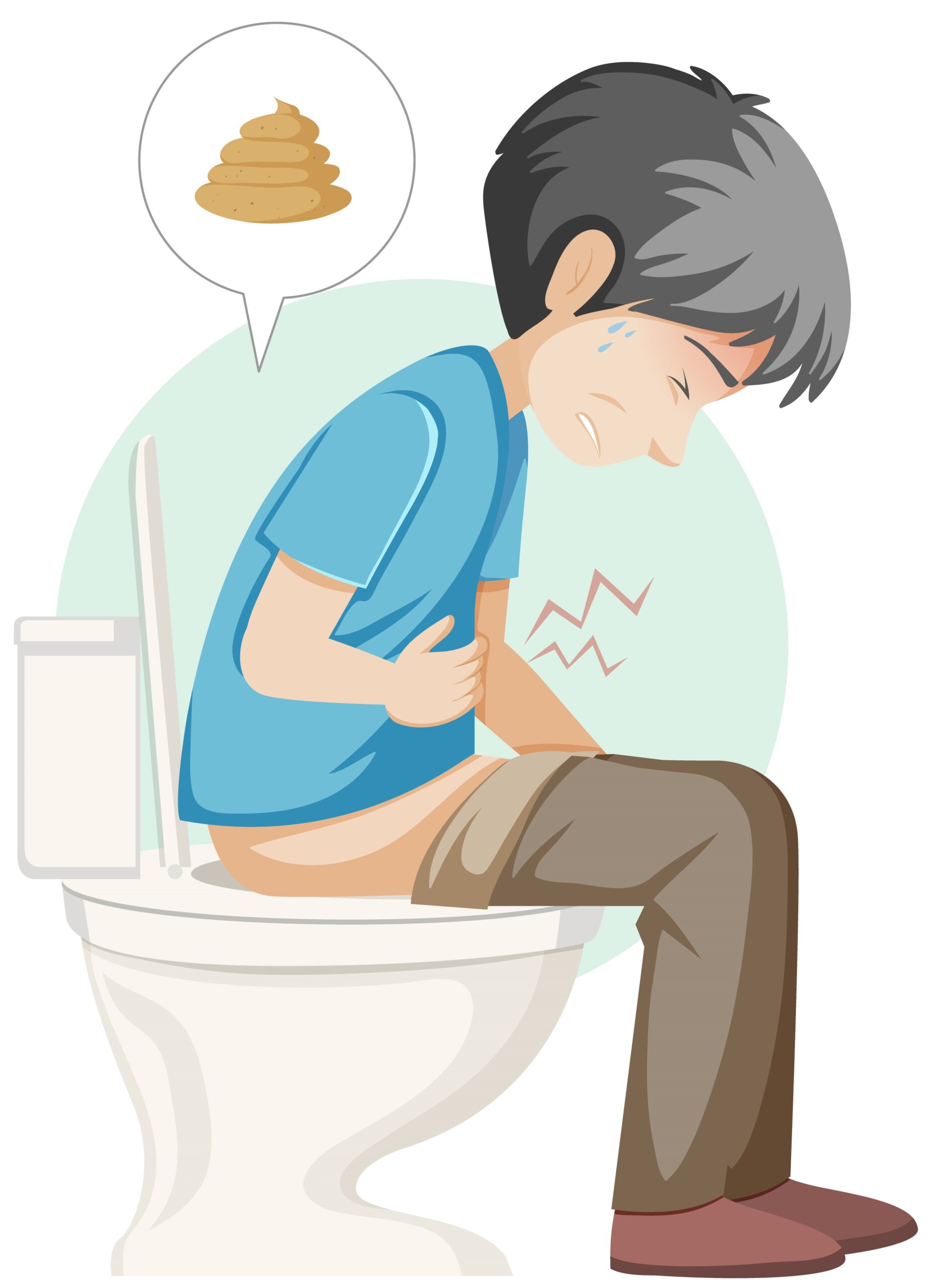Treatments Digestive Disorders Anal Fissure

Understanding and Treating Anal Fissures: A Painful Condition Worth Discussing
The most prominent symptom of an anal fissure is intense pain during and after bowel movements. The pain is often described as sharp and burning, making it uncomfortable to sit or perform regular daily activities. You may also notice bright red blood on the surface of the stool or on the toilet paper after wiping.
Health issues affecting the anus can be uncomfortable to talk about, but they are more common than you might think. One such condition that can cause significant discomfort and distress is an anal fissure. While it may be an uncomfortable topic, it is important to shed light on this condition, as it affects many individuals and can have a significant impact on their quality of life. In this blog post, we will explore the causes, symptoms, and available treatments for anal fissures, aiming to provide valuable information and alleviate any concerns you may have.
Understanding Anal Fissures:
An anal fissure is a small tear or cut in the lining of the anus, the opening through which stool passes during a bowel movement. It can occur in people of all ages, but it is more common in younger adults and infants. The main cause of anal fissures is the passage of hard or large stools, which can stretch and tear the delicate anal tissue. Other contributing factors may include chronic constipation, diarrhoea, childbirth, anal trauma, or inflammatory bowel diseases such as Crohn’s disease.
Recognizing the Symptoms:
The most prominent symptom of an anal fissure is intense pain during and after bowel movements. The pain is often described as sharp and burning, making it uncomfortable to sit or perform regular daily activities. You may also notice bright red blood on the surface of the stool or on the toilet paper after wiping. Additionally, some individuals experience spasms of the anal sphincter muscles, which can exacerbate the pain and make it difficult to pass stools.
Diagnosis and Seeking Medical Help:
If you suspect you have an anal fissure, it is essential to seek medical advice for an accurate diagnosis. Your healthcare provider will likely perform a physical examination of the anal area to confirm the presence of a fissure. In some cases, additional tests may be necessary to rule out underlying conditions or to assess the severity of the fissure. Remember, there is no need to feel embarrassed or shy about discussing this issue with your doctor, as they are trained professionals who have seen and treated similar conditions before.
Treatment Options:
The good news is that anal fissures can heal on their own within a few weeks with proper self-care and conservative measures. The following treatment options are commonly recommended:
Role of Homeopathy
Homeopathy based on the principles of Holistic and Individualistic approach cures Anal Fissures successfully. At Dr. Singh’s Homeopathy we never recommend patients to undergo surgery if the disease can be cured by medications. In Anal Fissures, chances of post operative recurrence are very high cause you are just removing the external manifestation not treating the whole disease. If you or your known is suffering from such problems feel free to Contact Dr. Singh’s Homeopathy.
Conclusion:
While anal fissures may be a sensitive and uncomfortable topic to discuss, understanding the causes, symptoms, and available treatments is crucial for seeking timely medical attention. Remember, you are not alone in dealing with this condition, we at Dr. Singh’s Homeopathy are there to provide guidance and support. By following the recommended treatments and making necessary lifestyle modifications, most individuals can recover from anal fissures and resume their daily activities without pain or discomfort.

